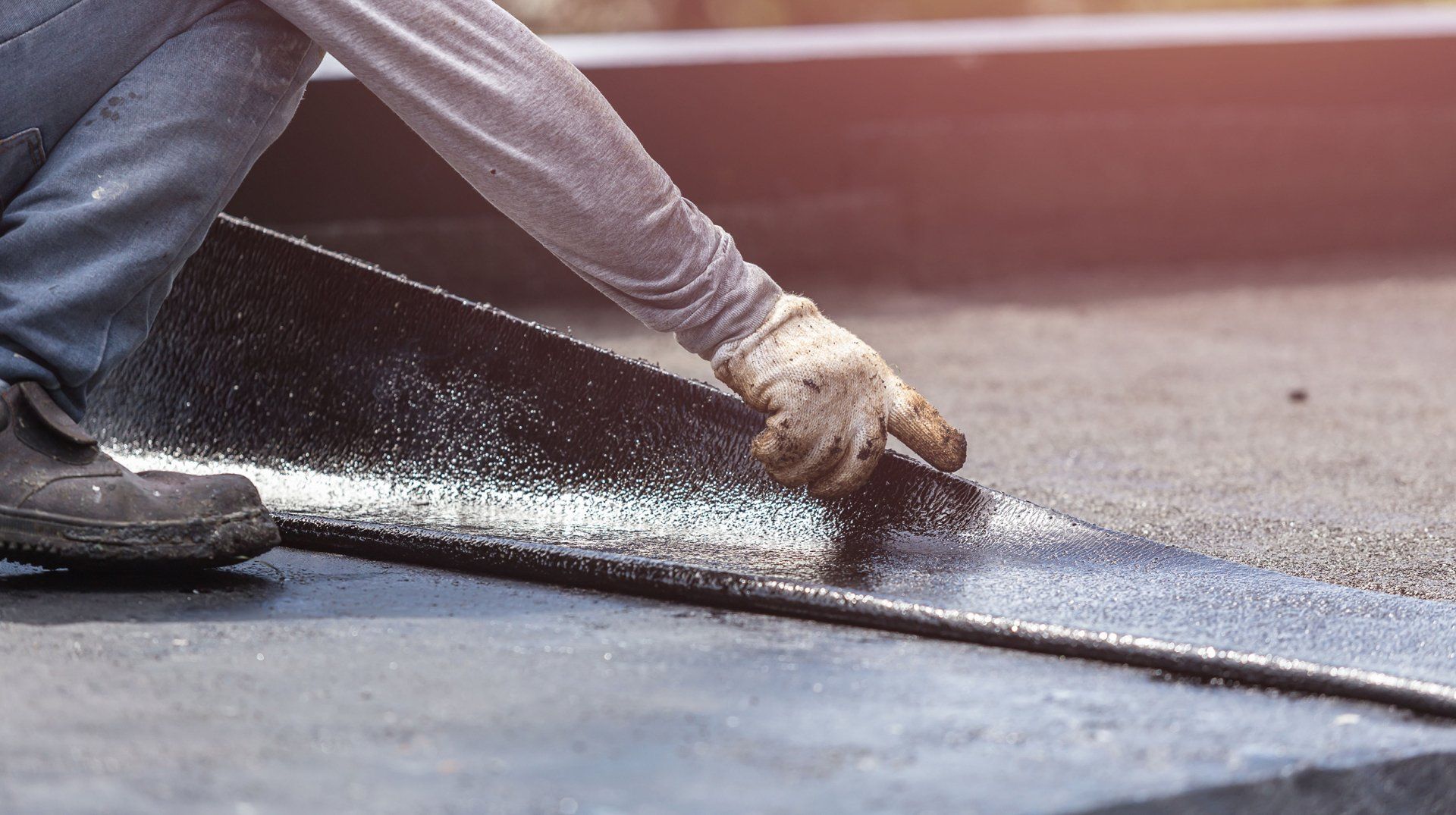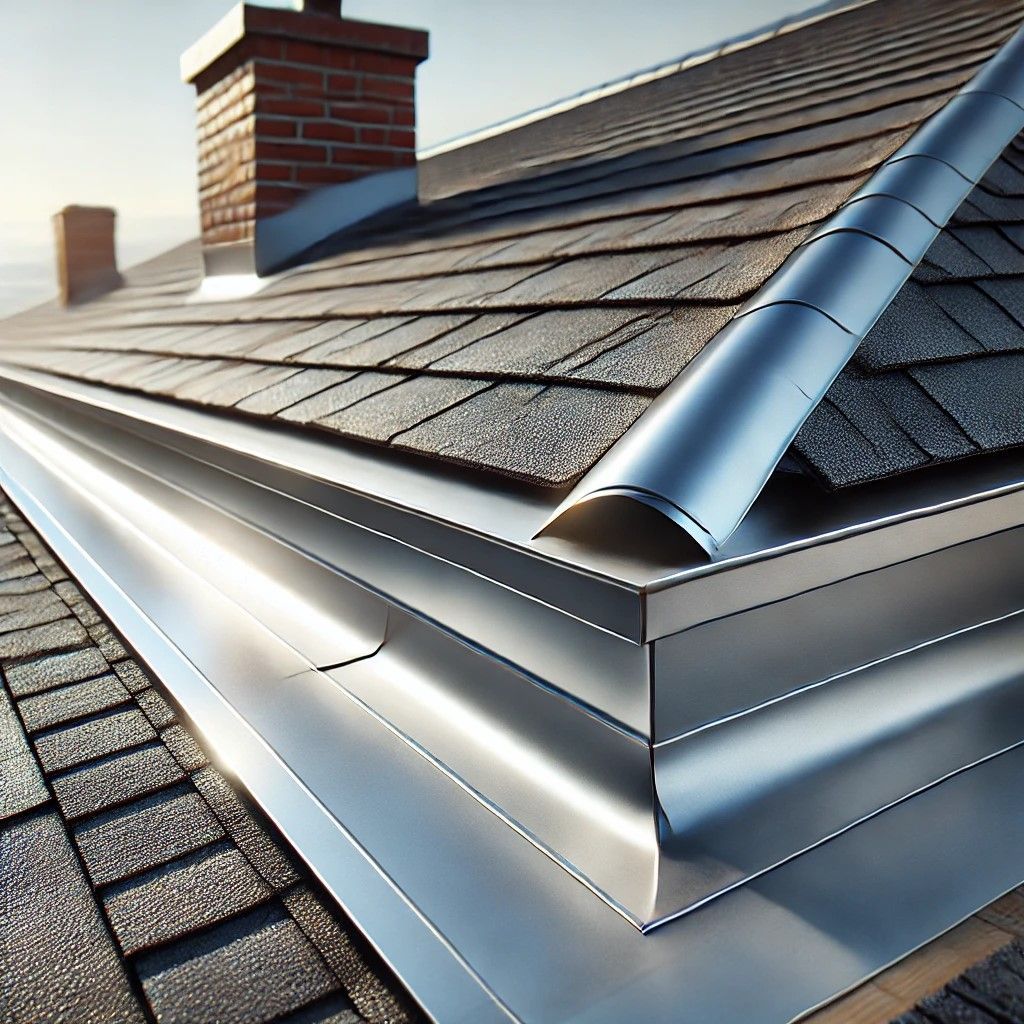The Role of Roofing Underlayment: Protecting Your Home from Leaks
Discover how roofing underlayment is essential for protecting your home from leaks and damage.

When it comes to safeguarding your home from the elements, roofing underlayment plays a crucial role. Often overlooked, this layer of protection is vital in preventing water infiltration and maintaining the integrity of your roof. At Riley Roofing, we understand the importance of a well-installed roofing underlayment in ensuring your home remains dry and secure.
What is Roofing Underlayment?
Roofing underlayment is a water-resistant or waterproof barrier installed directly onto your roof deck before the shingles or other roofing materials are applied. It acts as an extra layer of protection against rain, snow, and wind-driven moisture, ensuring that even if the outer roofing materials fail, your home remains protected from leaks.
Types of Roofing Underlayment
- Asphalt-Saturated Felt: Traditional and widely used, asphalt-saturated felt underlayment is durable and provides adequate protection against water infiltration.
- Rubberized Asphalt: This type offers superior waterproofing properties due to its high asphalt content and often includes a peel-and-stick backing for easier installation.
- Synthetic Underlayment: Made from polypropylene or polyethylene, synthetic underlayments are lightweight, durable, and resistant to mold and UV damage. They provide excellent water resistance and are increasingly popular in modern roofing.
Importance of Roofing Underlayment
- Prevents Water Infiltration: One of the primary functions of roofing underlayment is to act as a barrier against water infiltration. It ensures that any water that manages to get past the shingles does not reach the roof deck and cause leaks or structural damage.
- Protects Against Wind-Driven Rain: During storms, wind can drive rainwater underneath shingles. A high-quality underlayment provides an additional shield against this type of moisture intrusion, helping to keep your home dry.
- Improves Roof Longevity: By preventing moisture from reaching the roof deck and other structural components, underlayment helps to extend the lifespan of your roof. It minimizes the risk of rot, mold, and mildew, which can compromise the integrity of the roof over time.
- Provides Extra Protection During Installation: Roofing projects can be time-consuming, and during the installation process, your roof deck can be exposed to the elements. Underlayment serves as a temporary barrier, protecting the deck from rain and moisture until the shingles are in place.
- Adds Insulation and Energy Efficiency: Some types of underlayment also contribute to the insulation of your home, helping to regulate temperatures and improve energy efficiency.
Choosing the Right Underlayment for Your Home
Selecting the right underlayment is essential for the overall performance of your roof. Factors such as climate, roof design, and the type of roofing material should all be considered. At Riley Roofing, we are committed to helping you choose the best underlayment for your specific needs, ensuring maximum protection and longevity for your roof.
SERVING
And Surrounding Areas
HOURS
HOURS
CONTACT US
Call or Text












Share On: